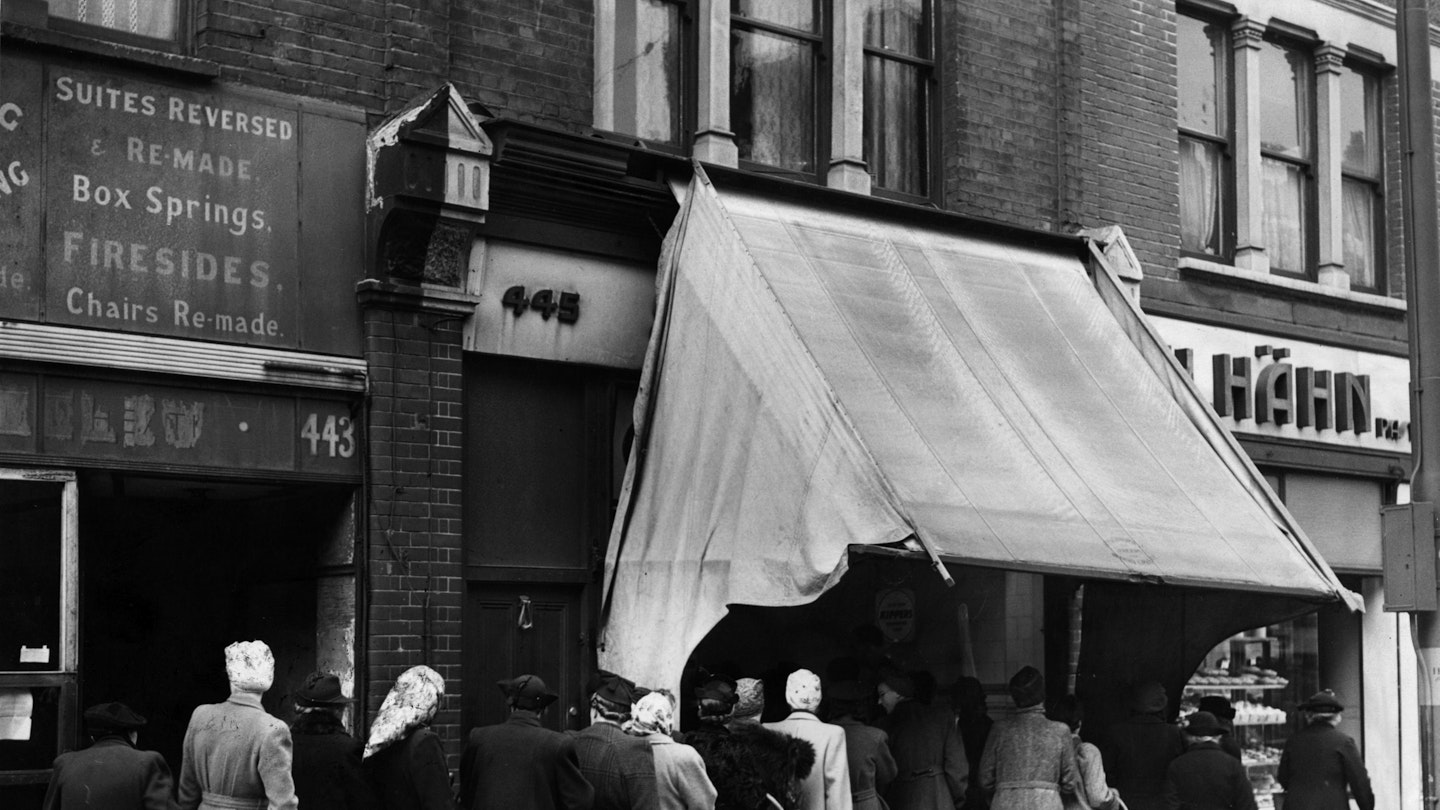Queueing seems as ingrained in our culture as cups of tea and the weather. It’s considered so central to the British identity, it’s even incorporated into the government’s citizenship exam.
The history of the British queue was founded in the Industrial Revolution, which saw huge numbers of people working in factories where everyone started and finished at the same time, creating crowds waiting to punch in their timecards or grab groceries after clocking out.
It was the Second World War that truly made us a nation obsessed with queuing as people waited in line to get their rations.
The average Brit will spend 47 days of their life queuing
Researchers at University College London found people will wait for an average of six minutes in a queue before giving up in frustration.
There’s no doubt the pandemic has made queuing a more essential part of our lives. What’s interesting is the way it could change our queueing habits.
Studies have shown a socially distanced queue is actually much faster than a normal one – you take one or two metre strides to move up, rather than just small steps – which could change our perception of normal queues if and when social distancing ends.
Some companies are looking into new ways to queue, such as Asda’s ‘virtual queueing’ trial where customers park in the car park, log into a queue online, and wait in the car before being given the go ahead to enter the store.
What's the best type of queue?
Not all queues are created equal! The ‘serpentine queue’ – used during the last few months in many supermarkets – is thought to be the best for large shops.
This is where you make one long line, at the end of which you are called to whichever cashier is free next.
This works because it ensures everybody gets served in the order in which they arrive and there’s no queue envy where you see one checkout queue moving faster than the one you’re in.
Queuing practices around the world
Britain may be famous for its queues but we’re not the only ones who love to stand in line.
The Japanese place enormous value on orderly queuing as a means of showing respect.
Meanwhile other countries queue in different ways, such as in Thailand where people sometimes place their shoes on the floor to mark their position in the queue while they rest.
